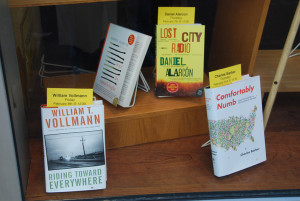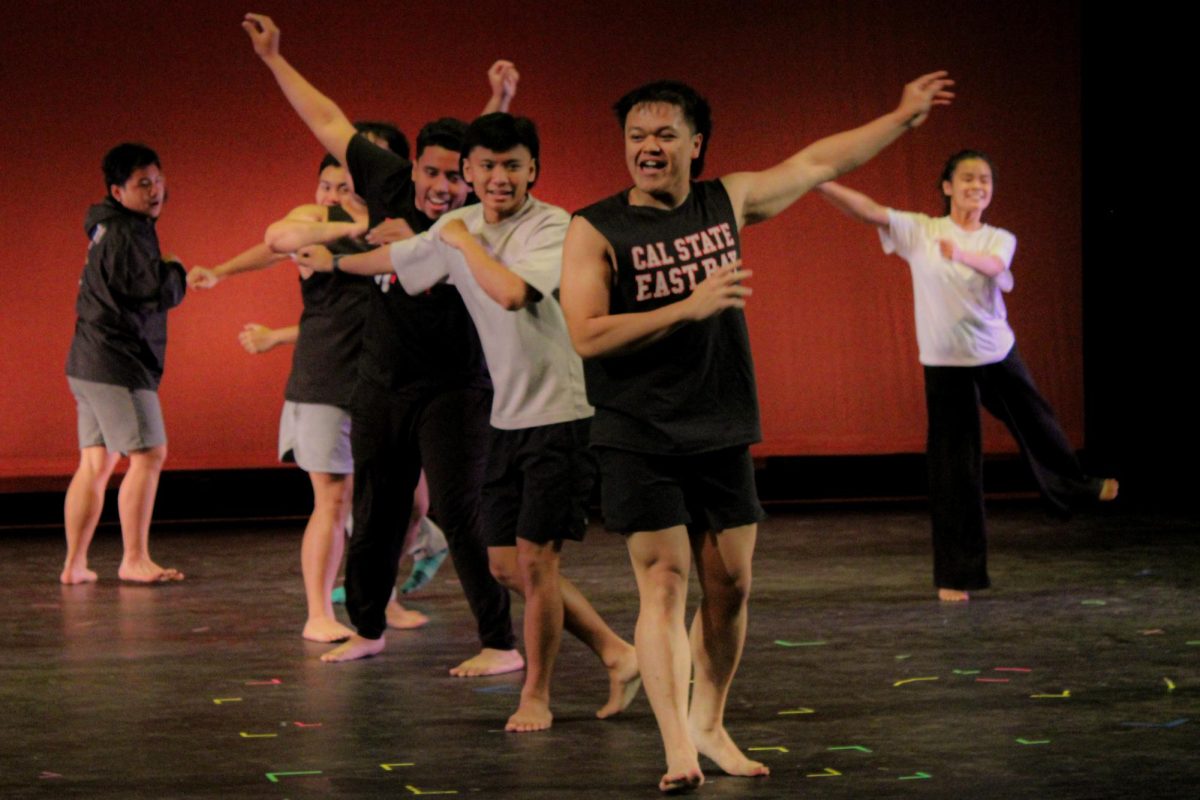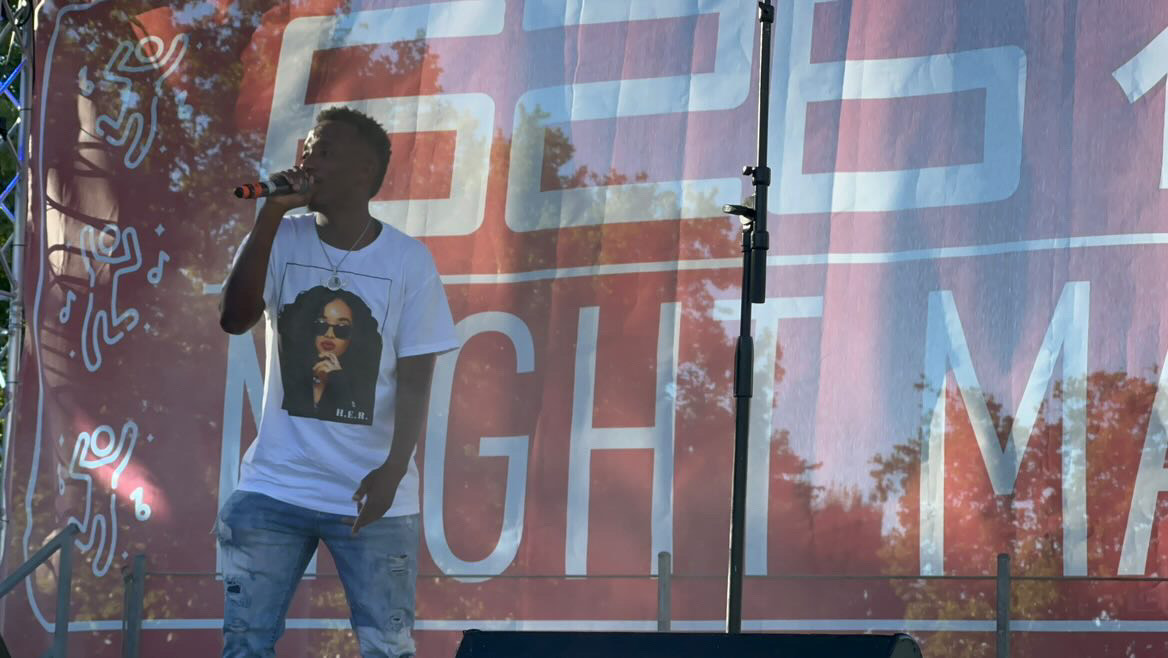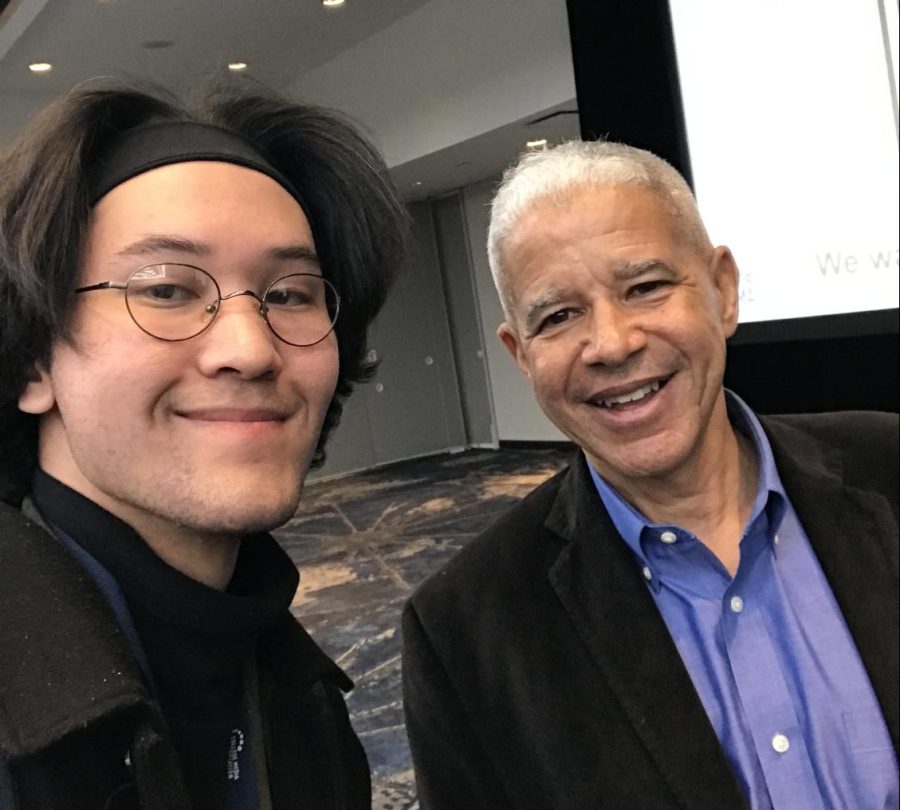
In Daniel Alarcón’s “Lost City Radio,” Norma has hosted the Lost City Radio show for a decade, giving hope to a war-torn country from the poor of the barrios to the Indians of the jungle.
Using the power of voice, she reads the names of people who have disappeared into the furiously developing city in order to help loved ones reunite and find those who were lost.
Norma still holds her own painful memories as leftovers from the war, but her secret of her missing husband is brought to the surface when she is confronted by the mysterious boy, Victor, from the jungle who has his own list of lost people.
Published in 2007 and named Book of the Year by the San Francisco Chronicle, Alarcón’s second novel is a beautiful and powerful portrait of the how war effects people and the pain they carry for the rest of their lives.
Alarcón is Associate Editor of Etiqueta Negra, an award-winning quarterly published in his native Lima, Peru, as well as a Contributing Editor to Granta Magazine and was recently named one of The New Yorker’s 20 under 40.
His fiction, journalism and translations have appeared in A Public Space, El País, McSweeney’s, and Harper’s. Alarcón lives in Oakland, California, where he is a visiting scholar at the UC Berkeley Center for Latin American Studies.
The author’s background in journalism and his Peruvian heritage are beautifully apparent in this book that is told from a series of voices, both from the city and from the jungle.
In telling Norma’s search for her husband, with the help of the jungle boy Victor, Alarcón switches between the present moment and past memories, often seamlessly blending the two into a scene.
This flashback effect serves many purposes, including to provide a historical background for the readers of the war and explain how a corrupt government spurred an insurgent group to “terrorize” the country.
The novel’s exploration on rebellion, insurgency and terrorism in war time makes it an extremely pertinent and valuable read to our generation, having grown up during this time of our country’s involvement in the conflict in the Middle East.
At times, Alarcón’s depiction of the war and war ideology has an Orwellian feel, such as his invention of “the Moon,” a top-secret government prison that tortures terrorists and suspected insurgents, which has similarities to 1984’s Ministry of Love.
While readers may be left confused by the author’s description of the war and question the reality of the country, there are enough clues to point out that the city is indeed an imagined place, or “a nation at the edge of the world, a make-believe country outside-history.”
Another important part of the novel is the focus on memory and storytelling as a way to create an imagined community out of a fragmented society.
According to Alarcón, “Storytelling is, at its essence, how human beings create tribe. If we share the same story, if we know the same characters, the same histories, the same myths, then we belong to each other”.
“Lost City Radio” is a fast read that flows effortlessly down the river of memories of war survivors, both disturbing and haunting.
Alarcón is a true word architect with his masterful command of language and his ability to create dynamic and realistic imagery that resonates within the reader, even after the novel is over.
The author will be at CSU East Bay for a fall fiction reading of his new work on Nov. 2 as a part of the English Department’s Distinguished Writers Series.











